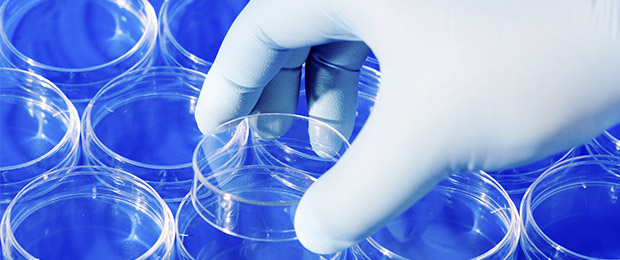Next January, the Global Alliance for iPS therapies (GIAT) will start “to assemble a haplobank comprising 150 induced pluripotent cell lines iPS)[1]”, in an attempt to satisfy clinical trial requirements.
This project is the fruit of collaboration between French, American, English, Japanese, Korean, Argentinian and Russian scientists. They will also focus on “standardising screening methods and performing quality control checks on cell lines”.
Professor Annelise Bennaceur Griscelli, from the Esteam Paris Sud believes that, “with 150 lines, we will be able to supply cells that are compatible with 93% of the Caucasian population”. This is, in fact, one of the main challenges facing an iPS cell bank: cells harvested from a person other than the patient may trigger immune tolerance problems. Scientists are “anticipating this problem by currently creating cell banks marked by their immune profile (HLA) in order to be able to select therapeutic cells compatible with the recipient patient profile”. France “alone should produce about fifteen lines from screened donors with the assistance of the établissement français du sang (French blood transfusion agency)”.
[1]Pluripotent stem cells can produce all types of body cells.iPS cells are those collected from adults and reprogrammed into pluripotent cells by genetic engineering.
Le quotidien du médecin (29/10/2015)

